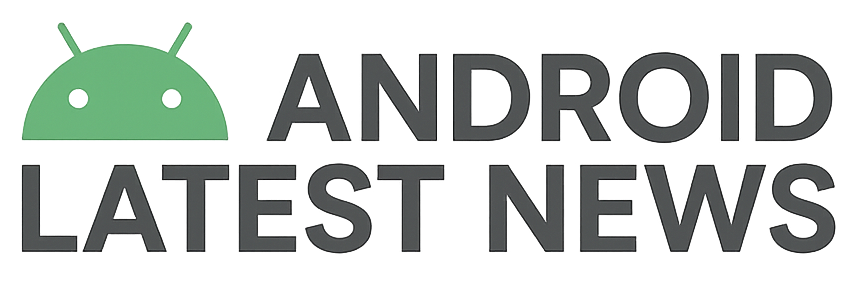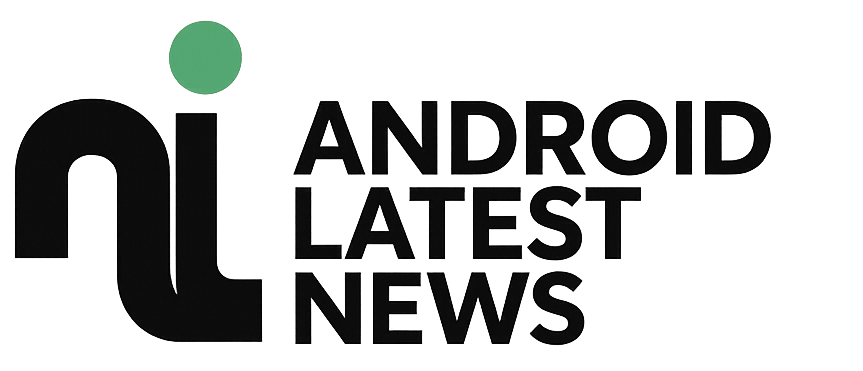A high-profile collaboration between OpenAI and renowned industrial designer Jony Ive aimed at developing cutting-edge AI hardware has encountered an unexpected hurdle. The joint venture’s planned brand name has run into trademark issues, raising questions about potential delays and legal complexities. As both parties navigate this intellectual property challenge, industry observers are closely watching how the dispute might impact the rollout of what many anticipate to be a breakthrough in artificial intelligence technology.
OpenAI-Jony Ive AI Hardware Venture Faces Trademark Challenges Impacting Brand Strategy
The highly anticipated collaboration between OpenAI and renowned designer Jony Ive, aimed at revolutionizing AI hardware, has encountered an unexpected legal hurdle. The partnership’s chosen brand name, which sought to capture the sleek innovation ethos both entities are known for, is currently under scrutiny due to trademark disputes. Industry insiders suggest that these intellectual property conflicts could delay product launches and compel the venture to reassess its marketing and branding strategies. The trademark resistance, stemming from pre-existing claims in key global markets, threatens to dilute the unique identity the project aimed to craft.
The challenges have triggered a strategic pivot in the venture’s approach, with executives now exploring alternative brand options and reinforcing legal defenses to protect their technological advancements. Among the measures being considered:
- Expanding trademark applications across multiple jurisdictions to secure exclusivity
- Conducting comprehensive brand audits to avoid future infringement issues
- Enhancing collaboration with IP attorneys to expedite resolution and safeguard innovation
As the AI hardware market continues to grow fierce competition, the resolution of these trademark disputes will be critical not only for the project’s identity but also for its commercial viability and consumer trust.
Legal Implications of Trademark Disputes on Tech Partnerships in AI Hardware Development
The recent trademark dispute has cast a shadow over the promising collaboration between OpenAI and Jony Ive, highlighting the intricate legal webs tech partnerships must navigate in today’s AI hardware sector. The clash underscores how intellectual property rights, particularly trademarks, extend beyond mere logos and names to shape the trajectory of innovation and market entry. Legal experts observe that unresolved trademark conflicts can stall product launches, disrupt supply chains, and severely impact brand reputation, ultimately threatening the substantial investments of time and capital poured into cutting-edge AI hardware ventures.
For alliances like this, the stakes are undeniably high, with potential outcomes including:
- Delays in commercialization due to injunctions or mandatory rebranding.
- Heightened legal costs as firms engage in protracted disputes or settlement negotiations.
- Dilution of market identity if forced naming alterations confuse consumers or erode brand equity.
- Resource diversion away from product development toward legal strategizing.
Navigating these challenges demands rigorous due diligence and proactive brand management strategies, where legal counsel becomes a critical partner from the earliest stages of partnership formation to avoid costly setbacks in the fiercely competitive AI hardware landscape.
Navigating Intellectual Property: Best Practices for Emerging AI Hardware Collaborations
As AI hardware ventures accelerate, especially collaborations between industry titans like OpenAI and design maestro Jony Ive, safeguarding intellectual property becomes paramount. The recent trademark dispute over the brand name highlights how even the most visionary partnerships can encounter legal pitfalls. Protecting innovations requires meticulous due diligence in trademark registration and compliance with existing IP laws. Stakeholders must engage legal experts early to navigate the complex tapestry of patents, copyrights, and trademarks that often overlap in AI hardware design and branding.
Best practices to mitigate IP risks include:
- Conducting comprehensive trademark searches before finalizing brand names
- Establishing clear agreements on IP ownership and licensing among collaborators
- Implementing a centralized IP management system to track filings and deadlines
- Regularly monitoring industry databases for potential infringements
- Educating the team about the critical differences between open-source elements and proprietary technology
For emerging AI hardware initiatives, aligning innovation with robust IP strategies is crucial to avoid costly disputes, maintain competitive advantage, and ensure smooth market entry. This trademark snag serves as a cautionary tale illustrating that even legendary partnerships must respect the rigor of intellectual property frameworks to realize their full potential.
Recommendations for Resolving Branding Conflicts to Safeguard Innovation and Market Entry
To navigate and resolve branding conflicts efficiently, companies should prioritize early trademark searches and legal consultations during the initial phases of product development. Conducting comprehensive assessments not only uncovers potential infringements but also allows for proactive adjustments to branding strategies before investments escalate. Engaging specialized intellectual property counsel can streamline negotiations and foster collaborative solutions that benefit all parties involved. Furthermore, adopting flexible naming conventions and exploring alternative branding avenues may preemptively reduce the risk of disputes, preserving both innovation momentum and market timelines.
- Establish cross-functional teams integrating legal, marketing, and product development to ensure holistic brand evaluations.
- Implement ongoing monitoring tools to track emerging trademarks and competitor activities.
- Foster open communication channels with potential conflicting brands to explore co-branding or licensing agreements.
- Maintain agility in branding decisions, allowing quick pivots without compromising the core innovation vision.
As OpenAI and Jony Ive navigate this unexpected trademark hurdle, the future of their highly anticipated AI hardware venture remains uncertain. While the setback highlights the complexities of branding in the tech industry, both parties appear committed to resolving the issue swiftly. Observers will be watching closely to see how this joint endeavor evolves, as it holds significant promise for advancing the intersection of cutting-edge design and artificial intelligence.



